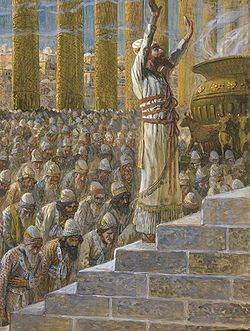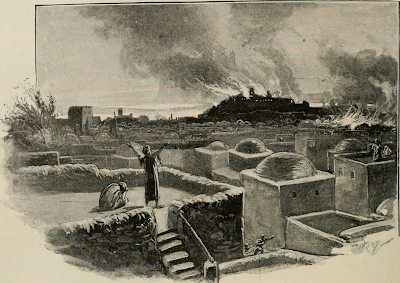Achan's Sin at Achor: Joshua 7

This is the second post in a multi-post series on the 7 Memorials found in the Book of Joshua. See part 1 . Could you imagine having a place named after you? Wouldn’t it be a great honor? When we think of a place being named after someone, we typically think of a person who was worth remembering in a positive way. But what if a place was named after you as a warning, a cautionary message not to repeat your mistakes? Wouldn’t that be humiliating for your legacy? That’s exactly what happened to a man called “Achan”. His personal sin brought God’s anger against all of Israel and a whole valley was named after him. But what about his sin was worth remembering? After having crossed the River Jordan and defeating the city of Jericho, Israel was beginning to inherit God’s promised land, piece-by-piece. When they attack nearby Ai and its small militia, Israel is shockingly defeated. Israel experiences the same fear that Jericho (Joshua 2:11) and the Canaanites (5:1) have experienced, descri







